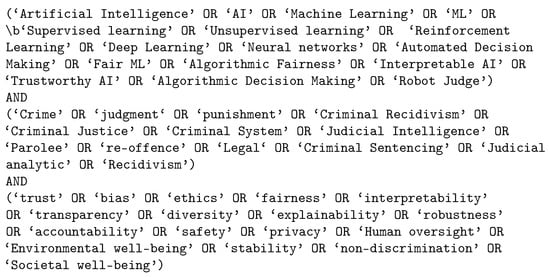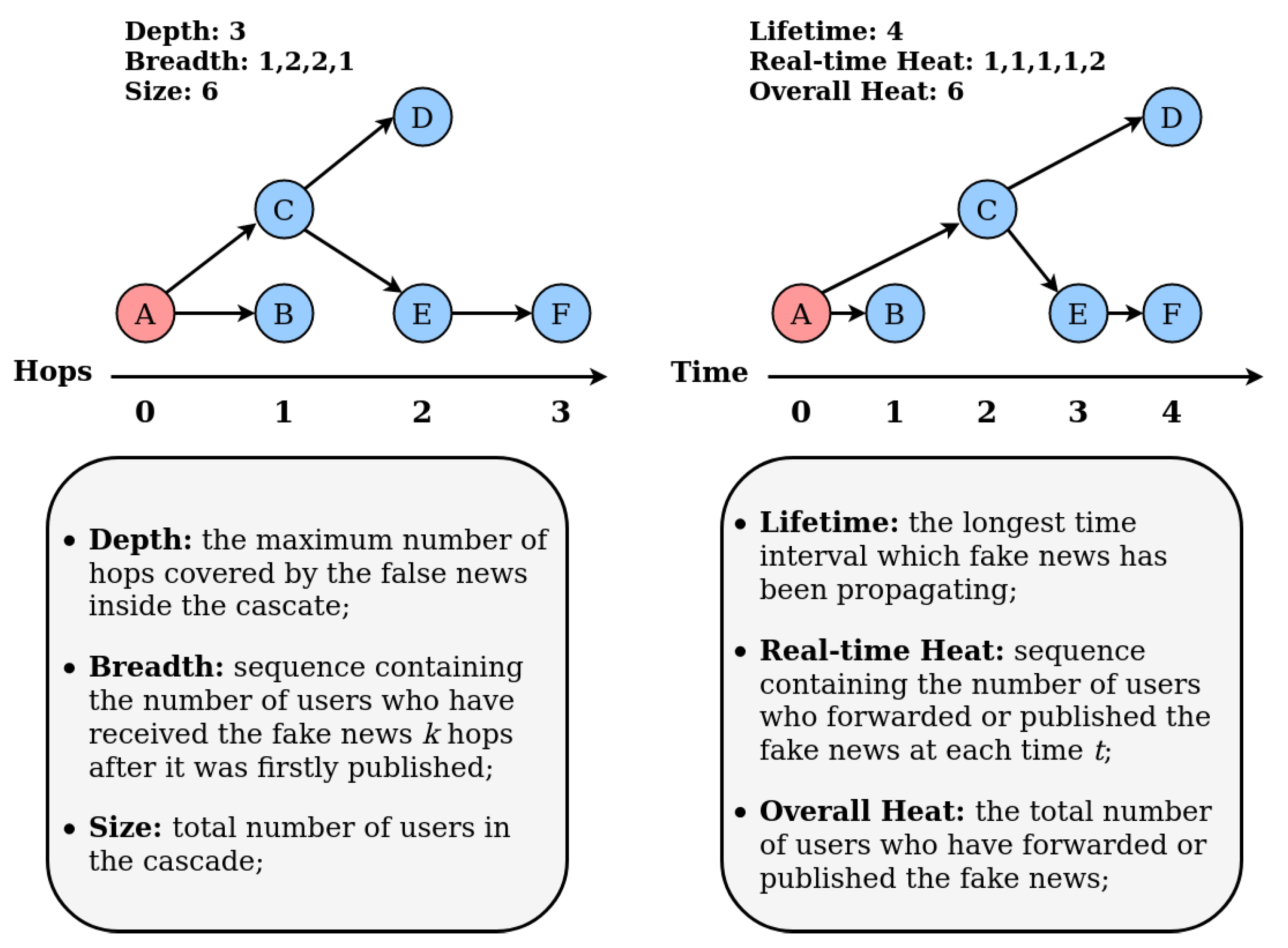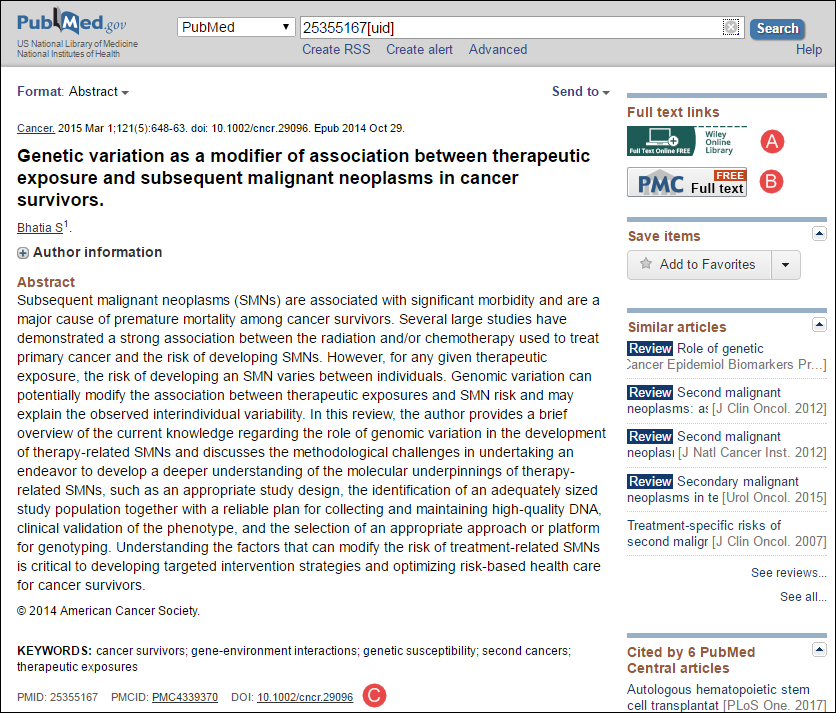Information, Free Full-Text
By A Mystery Man Writer
Last updated 21 Sept 2024

Artificial Intelligence (AI) can be very beneficial in the criminal justice system for predicting the risk of recidivism. AI provides unrivalled high computing power, speed, and accuracy; all harnessed to strengthen the efficiency in predicting convicted individuals who may be on the verge of recommitting a crime. The application of AI models for predicting recidivism has brought positive effects by minimizing the possible re-occurrence of crime. However, the question remains of whether criminal justice system stakeholders can trust AI systems regarding fairness, transparency, privacy and data protection, consistency, societal well-being, and accountability when predicting convicted individuals’ possible risk of recidivism. These are all requirements for a trustworthy AI. This paper conducted a systematic literature review examining trust and the different requirements for trustworthy AI applied to predicting the risks of recidivism. Based on this review, we identified current challenges and future directions regarding applying AI models to predict the risk of recidivism. In addition, this paper provides a comprehensive framework of trustworthy AI for predicting the risk of recidivism.
Better Internet Series: Access to Information and Knowledge - Creative Commons
12 Essential Project Reports - ProjectManager
PDF) AndroShield: Automated Android Applications Vulnerability Detection, a Hybrid Static and Dynamic Analysis Approach
Excessive make-up, photo apps on social media deceitful - P.M. News, make up
Institutional Repository LinkOut: A New Full Text Access Feature in PubMed. NLM Technical Bulletin. 2017 Mar–Apr
Free writing software: 24 tools to help you create content
IGI Global's Latest Open Access Journal Articles - IGI Global
Information, Free Full-Text, rule 63 significado
Data Literacy for All
Recommended for you
- Black in AI - Congratulations to Abeba Birhane for winning the14 Jul 2023
 Ideal Standard14 Jul 2023
Ideal Standard14 Jul 2023 CZECHOSLOVAKIA , DOBIRKY /EXPRES. - Lero14 Jul 2023
CZECHOSLOVAKIA , DOBIRKY /EXPRES. - Lero14 Jul 2023 How will artificial intelligence shape the future of work? - RSA14 Jul 2023
How will artificial intelligence shape the future of work? - RSA14 Jul 2023 AI in My Life · ADAPT, the SFI Research Centre for AI-Driven Digital Content Technology14 Jul 2023
AI in My Life · ADAPT, the SFI Research Centre for AI-Driven Digital Content Technology14 Jul 2023- Lero - The Science Foundation Ireland Research Centre for Software14 Jul 2023
 Mistakes To Avoid When Using Generative AI In Social Media Campaigns14 Jul 2023
Mistakes To Avoid When Using Generative AI In Social Media Campaigns14 Jul 2023 PDF) Leverage zones in Responsible AI: towards a systems thinking conceptualization14 Jul 2023
PDF) Leverage zones in Responsible AI: towards a systems thinking conceptualization14 Jul 2023- Tam Nguyen on LinkedIn: #fint2023 #trust #ai #trust14 Jul 2023
 Lacewing Butterfly - AI Generated Artwork - NightCafe Creator14 Jul 2023
Lacewing Butterfly - AI Generated Artwork - NightCafe Creator14 Jul 2023
You may also like
 Sieger Corset Sewing Pattern14 Jul 2023
Sieger Corset Sewing Pattern14 Jul 2023- Buy Pink Shine Lace Back Padded Bra 38D, Bras14 Jul 2023
 Anita Air Control Wireless Sports Bra, Bra Fittings by Court14 Jul 2023
Anita Air Control Wireless Sports Bra, Bra Fittings by Court14 Jul 2023 Wholesome Days Corduroy Cargo Pant - Olive14 Jul 2023
Wholesome Days Corduroy Cargo Pant - Olive14 Jul 2023 Buy Jockey Multi-Color Dark Assorted Hipster Pack of 3 - Style Number- 1406 online14 Jul 2023
Buy Jockey Multi-Color Dark Assorted Hipster Pack of 3 - Style Number- 1406 online14 Jul 2023 Vintage No Boundaries Dragon Blue T-shirt Men’s Sz Large Dragon Double Sided14 Jul 2023
Vintage No Boundaries Dragon Blue T-shirt Men’s Sz Large Dragon Double Sided14 Jul 2023 Raf Simons Black Christiane F. Wet Hair Zip Hoodie Raf Simons14 Jul 2023
Raf Simons Black Christiane F. Wet Hair Zip Hoodie Raf Simons14 Jul 2023 Wonderland Floral Corset - ZIMMERMANN14 Jul 2023
Wonderland Floral Corset - ZIMMERMANN14 Jul 2023 SLVC 6mm to 1/4 Thread Pneumatic Male Elbow Air Hose Pipe Quick Fittings,Pack of 2 1-Way 90° Elbow Pipe Joint Price in India - Buy SLVC 6mm to 1/4 Thread Pneumatic Male14 Jul 2023
SLVC 6mm to 1/4 Thread Pneumatic Male Elbow Air Hose Pipe Quick Fittings,Pack of 2 1-Way 90° Elbow Pipe Joint Price in India - Buy SLVC 6mm to 1/4 Thread Pneumatic Male14 Jul 2023 CAICJ98 Lingerie for Women Full Coverage Bra for Women, Flexible14 Jul 2023
CAICJ98 Lingerie for Women Full Coverage Bra for Women, Flexible14 Jul 2023











